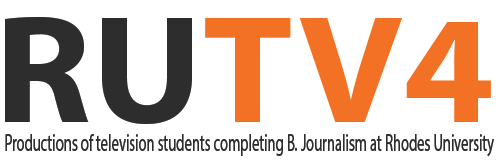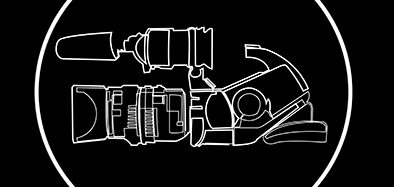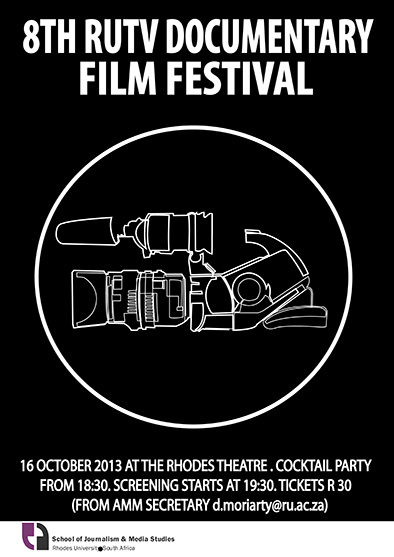‘Bloodsucker’ — Bushido Bill
Report by Dumisa Lengwati & Taryn Isaac, School of Journalism and Media Studies, Rhodes University
You never know when a bloodsucker is in your midst…
Bushido Bill — an awesome Grahamstown band, mess around, gig, hang out and have lots of fun together. Shawn, the lead singer, starts dating Danielle after he notices her at a gig: a femme fatale, irresistibly gorgeous. However, she does come with a fatal flaw: she is a gold-digger of note! The men in the group, Shawn, Dylan and Dylan (drummer and guitarist) don’t mind a bit — they are entranced by her feminine wiles, her flattery, her sensual looks. But Chelsea, the bassist, a femme fatale in her own right, won’t have any of it. She gets increasingly jealous and angry the longer Danielle is in their group. Not one to upset group dynamics however, she decides not to do or say anything until it the negative effect Danielle has on Shawn are manifest — he spends all his money and attention on her until he has none for himself. He becomes drawn, dishevelled — a real mess. An epic battle ensues between the ladies, and the victrix will leave you surprised!










